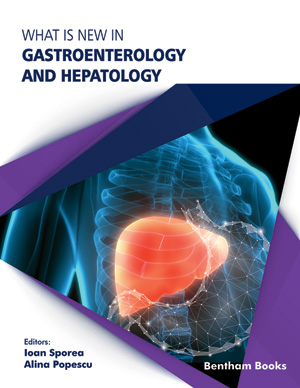Abstract
Cytokines are low molecular weight substances, mediating intra and intercellular communications. They are produced by several cell types, including the liver with a special focus on Kupffer cells. In the liver, pathological stimuli induce cytokines release and are responsible for cell lesions, destruction, necrosis, apoptosis and regeneration. In alcoholic liver disease (ALD) inflammatory cytokines such as interleukin-8 (IL-8) tumor necrosis factor (TNF), interleukin-1 (IL-1), and interleukin-6 (IL-6) as an acute phase-cytokine are involved in the liver injury. Another proinflammatory interleukin is interleukin-12 (IL-12), which seems to be related to chronic alcoholism. Transforming growth factor β (TGF-β) has the most important fibrogenic properties in the liver and it is also involved in regulating apoptosis along with tumor necrosis factor. Several types of cytokines are described to induce antiinflammatory effects on the liver with chronic alcoholic exposure: Kupffer cells produce the hepatoprotective cytokine IL-6 and the anti-inflammatory cytokine interleukin- 10 (IL-10) during liver injury induced by alcohol. IL-6 acts in a protective manner via the activation of transcription 3 and induction of hepatoprotective genes in hepatocytes. IL-10 inhibits alcoholic liver damage in Kupffer cells/macrophages. Interleukin-22 (IL-22) is another important hepatoprotective cytokine against acute and chronic alcoholic liver injury. Adipocytokine adiponectin decreases hepatic insulin resistance and attenuates liver inflammation and fibrosis. Thus findings in the complex “puzzle” of ALD could launch the research for new therapeutic perspectives.
Keywords: Adiponectin, Alcoholic liver disease, Cytokines, Fibrosis, Inflammation, Interleukins.






















